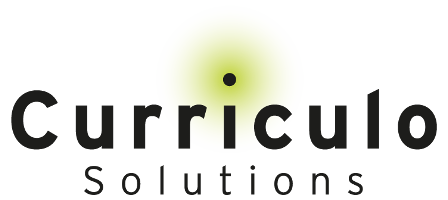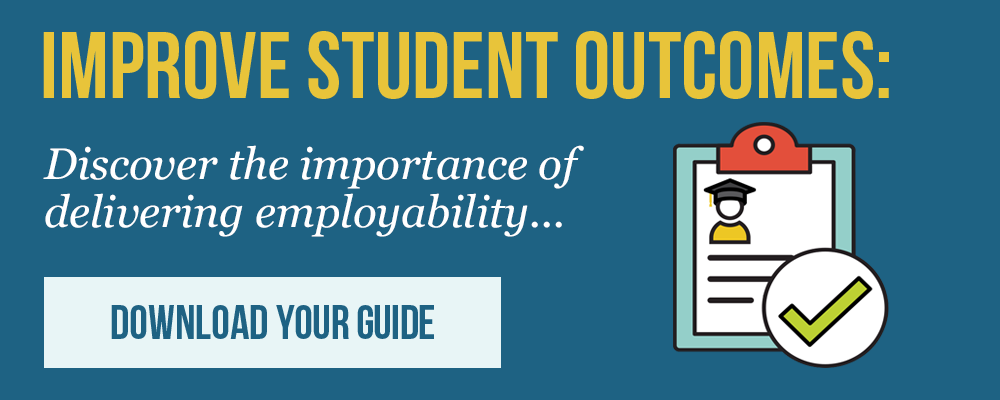
India’s higher education landscape is undergoing a period of profound change in response to its key education challenges: low enrollment, poor quality of education standards and a disconnect between the supply of and demand for education. These conditions are influencing education industry trends; universities need to be cognisant of and adapt to these trends if they’re to remain competitive and attractive places for students to learn. In this blog article, we discuss methods to help your faculty respond to the massive changes that face India’s higher education system over the next two decades.
A strong core faculty creates the foundation for high quality and relevant education
Just as students need training and education in order to commandeer their degrees, so too faculty need their own training system to empower them to evolve and develop as educators. Excellence in education can not exist without a strong core faculty, after all. By establishing a faculty development “centre” at your institution, you are positioned to equip your staff with the skills they need to remain relevant in the rapidly changing world of education and “to empower, sensitise, equip and strengthen the teachers to discharge their professional responsibilities”, according to this paper on faculty development published in the Journal of Current Research.
A faculty development centre equips staff with leadership skills, as well as hard and soft skills needed to be innovative educators
This centre for faculty development will ensure that staff are trained in innovative teaching pedagogy and learning methodologies so that competency building can be facilitated in students. This training can take the form of week-long courses within the university as well as by staff attending national and international workshops and through mentorship schemes between junior and senior faculty. A faculty development centre can also be tasked with the responsibility of ensuring the university’s research capabilities are enhanced and maintained. A staff empowerment centre can be a platform on which industry-institution partnerships can be nurtured. As we expand on in a previous blog, these partnerships are pivotal for universities to keep up with the skill requirements of the job market so that these can clearly be communicated to students preparing for work life after university.
The new learner-centred paradigm will benefit both learners and educators
India’s student body will only become larger and more diverse. As such, the old model of the university lecturer as simply a dispenser of knowledge needs to evolve to a more “learner-centred” paradigm where students take more responsibility for their learning curve and ability to learn. University staff must communicate this new paradigm to students and give them the frameworks in which they are free to develop their curiosity for knowledge. This new paradigm will also make it easier for you, as an educator, to become aware of each student’s individual learning styles and requirements, thereby allowing you to provide an even more personalised learning experience.
As faculty, you are the lifeblood that drives change in education from the ground up
If the higher education goals outlined in Ernst and Young’s Vision 2030 report are to come to fruition, education industry trends across curricula, pedagogy, technology, funding, governance and industry partnerships need to evolve in synchronicity. As a faculty head, however, it is not possible to control all these factors. Instead, it’s vital to acknowledge the importance of the role you play in inciting change in the mindsets of your staff and students and what you are able to impact in order to lead change in education. As the university’s lifeblood, faculty must also be able to deploy innovative teaching pedagogy and learning strategies in order to attract and retain the talented students that’ll drive university reputation.
Students today seek universities that can increase their career prospects
Understanding changes in education industry trends determines your ability as faculty head to create and deliver higher education that’s relevant to the demands of today’s student and job market. A major factor for students considering higher education options is whether their chosen institution will equip them with the support and tools they need to secure work after graduation. There are both long and short term strategies for creating a mindset geared towards enhancing student employability at your institution. One method is to offer a career development programme that allows students to develop in themselves the transferable skills employers seek in job candidates. Curriculo’s Industry Engagement Programme (IEP) can be readily incorporated alongside any curriculum and is designed to do just this. Download your guide to learn more about enhancing student employability.


